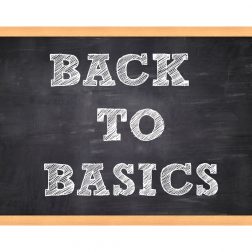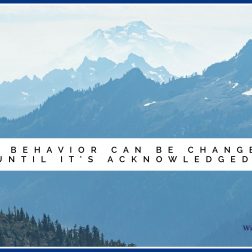 Building and maintaining self-awareness is a lifelong process that pays dividends personally and professionally. By practicing mindfulness, seeking feedback, reflecting regularly, identifying your strengths and weaknesses, setting personal goals, and engaging in continuous learning, you can enhance your self-awareness and lead a more fulfilling life.
Building and maintaining self-awareness is a lifelong process that pays dividends personally and professionally. By practicing mindfulness, seeking feedback, reflecting regularly, identifying your strengths and weaknesses, setting personal goals, and engaging in continuous learning, you can enhance your self-awareness and lead a more fulfilling life.
What is Self-Awareness?
Self-awareness is the ability to recognize and understand your own emotions, thoughts, and behaviors. It’s about knowing your strengths and weaknesses, your values and beliefs, and how these influence your actions and interactions with others. There are two main types of self-awareness:
- Internal self-awareness: Understanding your own inner landscape — your thoughts, feelings, and motives
- External self-awareness: Recognizing how others perceive you
Why is Self-Awareness Important?
Self-awareness is crucial for personal growth and effective leadership. Here’s why:
- Improved decision-making: When you know your values and motivations, you make choices that align with your true self.
- Enhanced relationships: Understanding your own emotions helps you empathize and connect better with others.
- Professional growth: Self-aware individuals are more open to feedback and are better at leveraging their strengths.
- Stress management: Recognizing your stress triggers allows you to manage them more effectively.
How to Build Self-Awareness
Building self-awareness is not a one-time task but a continuous effort. Here are six steps to help you on this journey:
- Practice mindfulness
Mindfulness involves paying attention to the present moment without judgment. It helps you become more aware of your thoughts and feelings as they arise. Techniques like meditation, deep breathing exercises, and mindful walking can cultivate this awareness. - Seek feedback
Ask for constructive feedback from colleagues, friends, and family. Understand how others perceive your actions and behaviors. This external perspective can provide valuable insights that you might overlook. - Reflect regularly
Set aside time for regular self-reflection. Journaling is a powerful tool for this — write about your experiences, your feelings, and what you’ve learned each day. Over time, patterns will start to emerge that can guide your personal growth. - Identify your strengths and weaknesses
Take stock of your strengths and weaknesses. Tools like the SWOT analysis (Strengths, Weaknesses, Opportunities, Threats), Winslow Assessment, DISC, EQ Assessment, etc. will help you identify and understand areas for development and leverage your strengths for maximum impact. - Set personal goals
Set specific measurable goals for your self-awareness journey. Whether it’s improving your emotional intelligence or becoming a better listener, having clear objectives keeps you focused and motivated. - Engage in continuous learning
Self-awareness is an evolving process. Read books, attend workshops, hire a coach and take courses on personal development and emotional intelligence. The more you learn, the more aware you become of the various facets of your personality and behavior.
Challenges in Maintaining Self-Awareness
Maintaining self-awareness is not without its challenges. Common obstacles include:
- Ego: Sometimes our ego can blind us to our faults and weaknesses.
- Busy schedules: Finding time for self-reflection can be difficult amidst a hectic schedule.
- Fear of feedback: Receiving feedback can be uncomfortable, but it’s essential for growth.
Overcoming these challenges requires commitment and a willingness to step out of your comfort zone and by following these steps, you can harness the power of self-awareness to become a better version of yourself. Whether you’re aiming to excel in your career, improve your relationships, or simply understand yourself better, self-awareness is the key to unlocking your potential.



